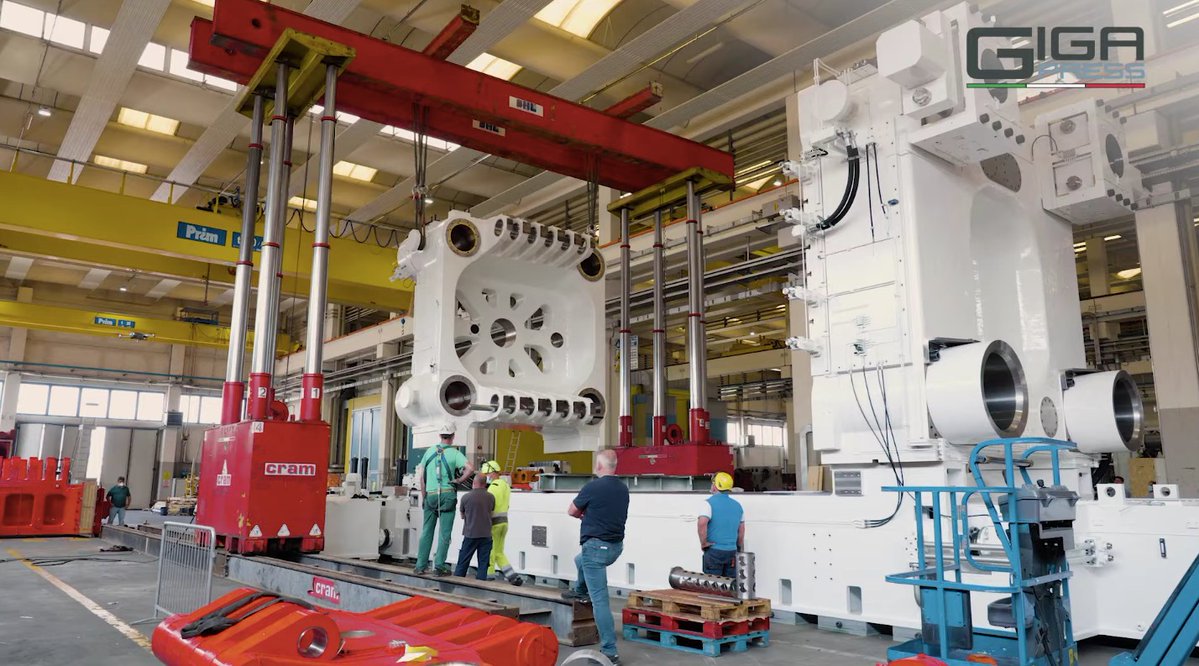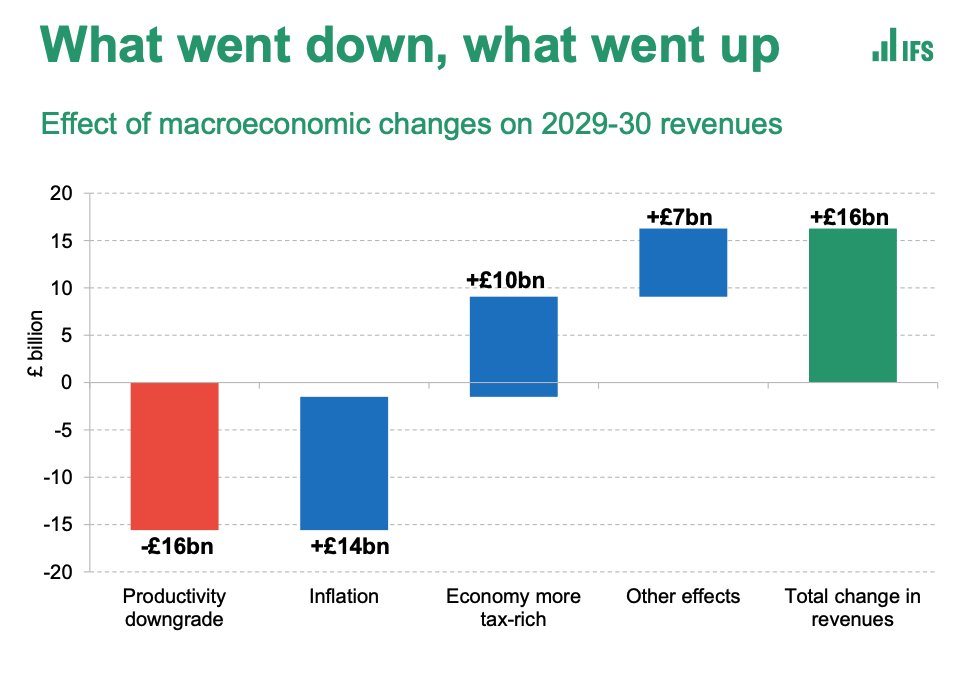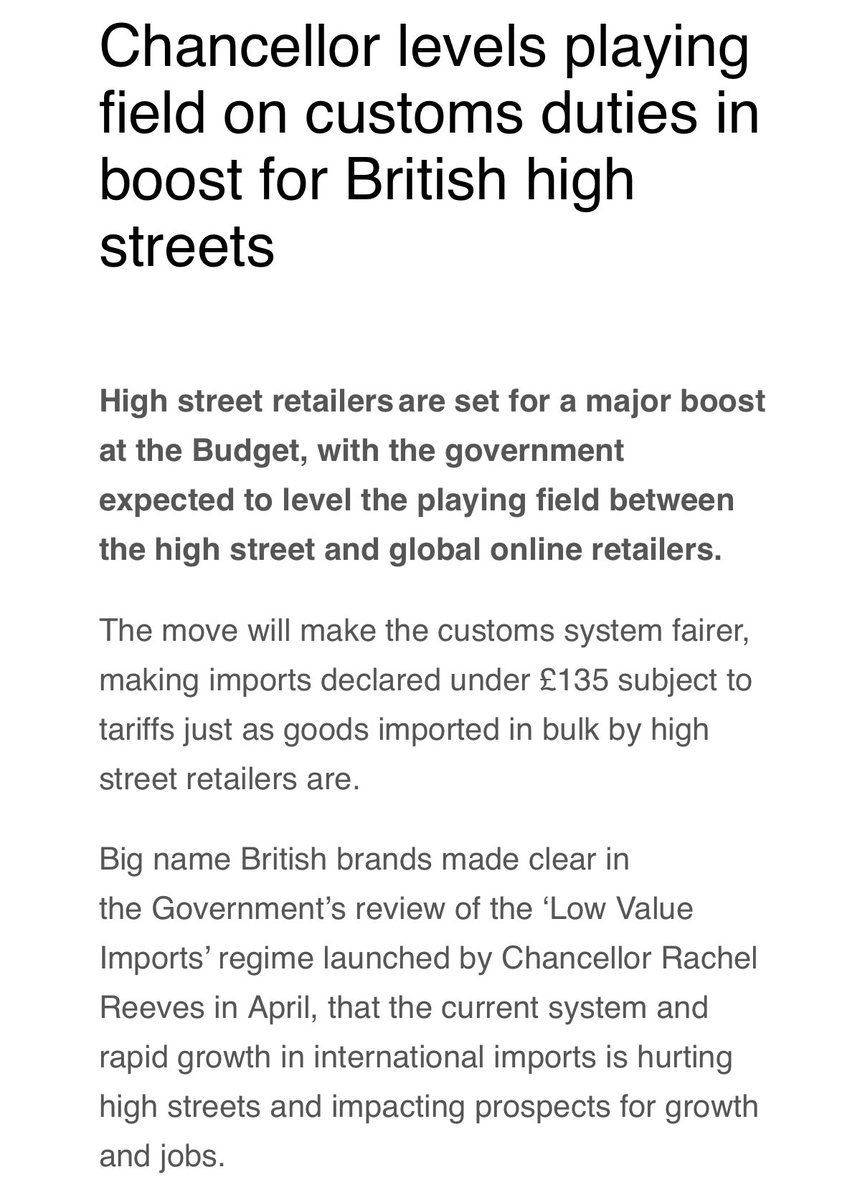NEW: @OECD chief economist @LaurenceEco tells me the Omicron variant is an urgent reminder that rich countries need to do more to help poorer countries get vaccinated.
“As long as the global population is not vaccinated, this type of variant can come in and bring restrictions.”
“As long as the global population is not vaccinated, this type of variant can come in and bring restrictions.”
“We G20 countries have spent about $10tr to support our economies in the pandemic – it costs $50bn to bring vaccines to the entire population,” said @LauBooneEco. “As long as the world stays as is we’re going to see countries which are going to have to shut down their economies.”
Full story here: @OECD warns that the rich world must be prepared for more variant-related shocks if it doesn’t help vaccinate poor countries: news.sky.com/story/help-vac…
The @OECD warning comes alongside their forecasts for global growth.
In brief: global economy still rebounding, inflation still rising. Some countries (esp developing economies w/ lower vax rates) being left behind. But NB this was finalised pre-Omicron. Growth forecasts here👇
In brief: global economy still rebounding, inflation still rising. Some countries (esp developing economies w/ lower vax rates) being left behind. But NB this was finalised pre-Omicron. Growth forecasts here👇
https://twitter.com/pitres/status/1440257872038809600
As ever, some of the best stuff in today’s @OECD report comes in chart form. Here are a few gems from @LauBooneEco’s presentation.
Look: while the US has certainly outperformed Europe on the GDP rebound what’s less discussed is how much Europe outperformed the US on employment.
Look: while the US has certainly outperformed Europe on the GDP rebound what’s less discussed is how much Europe outperformed the US on employment.

A couple of good charts on the energy crisis. The one on the right shows you prices which, as we all know, are VERY high at the mo. On the left you see one of the explanations: gas stockpiles are v low in Europe: look how much lower the green bars are than the blue bars. 

And NB low gas storage levels in Europe is a big issue for the UK, which has barely any gas storage capacity and hence is deeply reliant on gas imports from the EU. We might have left the EU but we’re still v much in the “single market” for gas!
A couple of good charts on the supply crisis. One on the right shows you how much this is v much an issue for rich countries. On the right you see the sectors which are most exposed. Cars and electrical equipment: unsurprising (semiconductors). But also: rubber & plastics! 

Pretty stark chart showing the rise in wait times for semiconductors. Doesn’t seem to be showing much sign of improvement. 

And of course one way these supply shortages are manifesting is higher inflation. Just look at how the inflation forecasts from the @OECD (though one could choose pretty much any forecaster) have ratcheted up in recent months. 

Really striking chart from the @OECD on vaccination rates. Note the main divide, between rich & upper middle income countries (blue & green, NB upper middle income includes China)…
…and lower middle income (inc India) & low income countries (much of sub-Saharan Africa).
…and lower middle income (inc India) & low income countries (much of sub-Saharan Africa).

I’ve been banging on abt the paradox that while govts talk a good game on the energy transition/net zero, look at actual spending and you see they’re investing less and less on green energy.
Here’s a good @OECD chart on that. Not sure many have twigged what a big deal this is…
Here’s a good @OECD chart on that. Not sure many have twigged what a big deal this is…

Here’s a longer-run chart of govt investment in energy.
In short, it’s far, far lower now than it was in the 1980s. And note this also goes for investment in renewable energy.
Quite hard to square this with being serious abt net zero. More here: edmundconway.com/why-arent-our-…
In short, it’s far, far lower now than it was in the 1980s. And note this also goes for investment in renewable energy.
Quite hard to square this with being serious abt net zero. More here: edmundconway.com/why-arent-our-…

• • •
Missing some Tweet in this thread? You can try to
force a refresh














